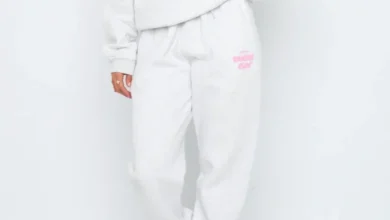The Friendship Audit: When It’s Time to Let Toxic Relationships Go

Friendships are supposed to enrich our lives, provide support during difficult times, and celebrate our successes alongside us. Yet many of us maintain relationships that drain our energy, undermine our confidence, or consistently bring negativity into our lives. The concept of a “friendship audit” might sound harsh, but regularly evaluating the health of our relationships is as important as any other form of self-care. Recognizing when friendships have become toxic and finding the courage to address or end them isn’t about being callous—it’s about protecting your mental health and making space for relationships that truly serve your growth and happiness.
Toxic friendships often develop gradually, making them difficult to identify until the damage to your well-being becomes obvious. Unlike romantic relationships, friendships rarely have clear expectations or boundaries, which can allow unhealthy patterns to persist unchecked for years. Even small, seemingly harmless distractions—like endlessly checking NBA Odds or doom-scrolling through social media—can serve as avoidance tools when we’re unwilling to confront relationship issues head-on.
Red Flags That Signal Friendship Toxicity
Healthy friendships should generally leave you feeling energized, supported, and valued. If you consistently feel drained, criticized, or anxious after spending time with someone, it may be time to examine that relationship more closely. Toxic friends often exhibit patterns of manipulation, constant negativity, or one-sided emotional demands.
Warning signs of toxic friendships:
- Energy drain where you feel exhausted after interactions
- Constant criticism disguised as “honesty” or “helping”
- One-sided support where you give but rarely receive
- Guilt manipulation when you set boundaries or prioritize yourself
The Art of Relationship Boundaries
Not every problematic friendship needs to end abruptly. Sometimes toxic patterns can be addressed through honest communication and clear boundary setting. However, this requires both people to be willing to acknowledge problems and make changes. If someone consistently disrespects your boundaries or refuses to address harmful behaviors, it may be time to consider distancing yourself.
Creating healthy boundaries might involve limiting contact, avoiding certain topics of conversation, or simply being less available for drama and negativity. Remember that you’re not responsible for managing other people’s emotions or fixing their problems.
Wrapping Up
Conducting a friendship audit isn’t about becoming judgmental or abandoning people during difficult times. It’s about recognizing that your time, energy, and emotional well-being are valuable resources that deserve protection. Quality relationships should enhance your life, not diminish it. By thoughtfully evaluating your friendships and making necessary changes, you create space for deeper, more meaningful connections that support your authentic self and personal growth.





